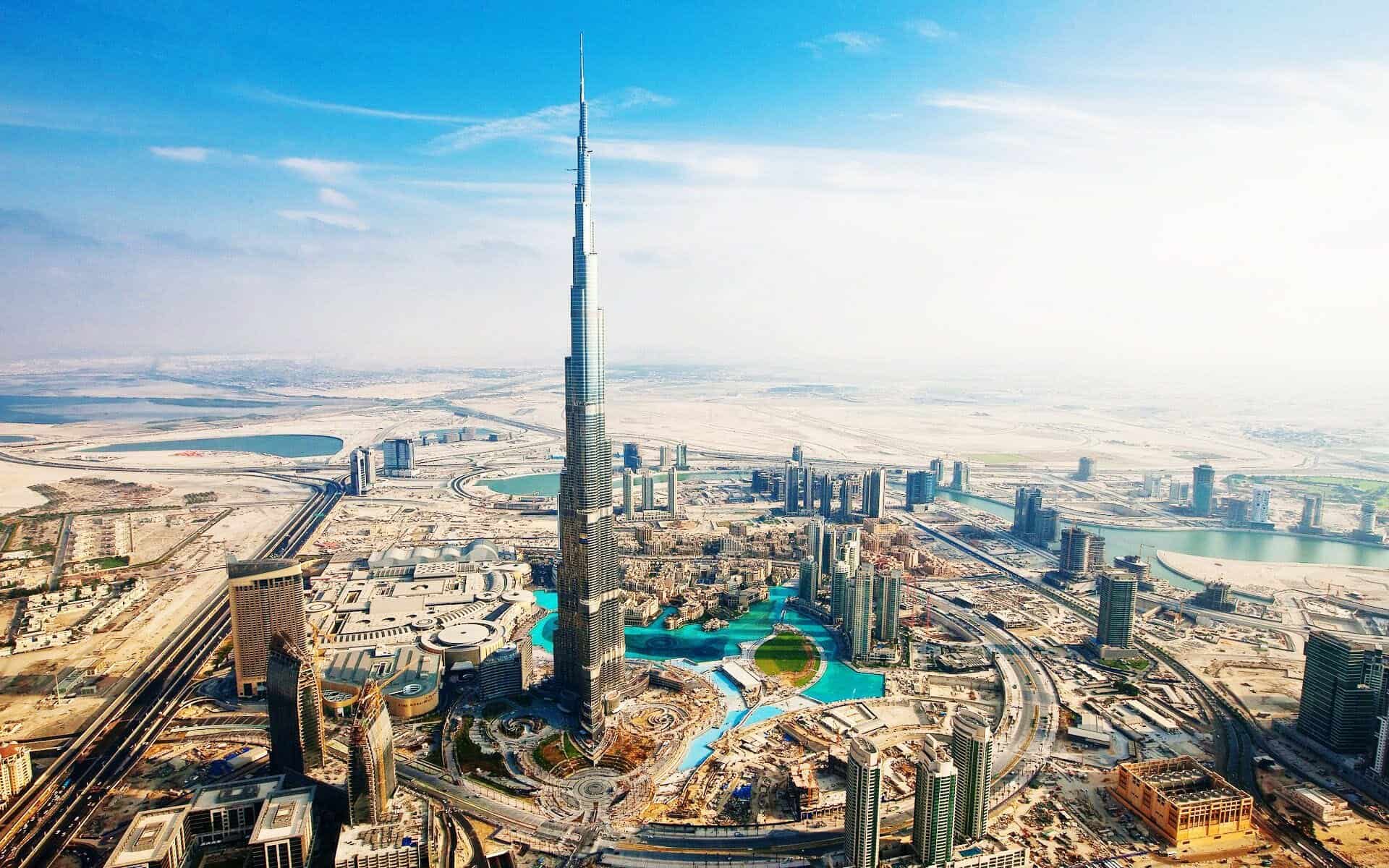It may sound amazing but the cost to start a business in the United Arab Emirates (UAE) is close to US$7444, which is the highest in the world.
The UAE is followed by Qatar (US$3952), Saudi Arabia (US$1266.6), Kuwait (US$815), Oman (US$501) and Bahrain (US$231) and other regional economies respectively, according to the UK-based businessfinancing.co.uk.
The website, which allows small businesses to find independent information about business banking, lending and credit options in the UK, further said that in Kazakhstan, it takes just 2 percent of the average monthly income (US$12 against US$531) to start a business.
Though the UAE is the world’s most expensive place to start a business, it’s far from the least affordable. The prospective investor can cover the US$7,444 fees with two and a quarter US$3,332 paychecks.
The website also said that new businesses must shell out for approvals, licenses, permits, and inscriptions. Governments often require businesses to have a paid-in minimum capital requirement – a set amount of cash in the bank.
These processes are not just expensive but time-consuming and complicated.
For example, before legislation to simplify start-up procedures and stimulate greater levels of entrepreneurship, Saudi businesses had to pass through 13 procedures and have 1,057% of income per capita in the bank before starting a business.
Lebanon, Iraq, and Syria in the Middle East also have four-figure fees but far lower wages. In Syria, there is no need to save 10 paychecks to establish a business.
In Kyrgyzstan, you can start a business for less than US$10 because the average monthly wage is just US$84. One can find better affordability (25%) in Kazakhstan, where it costs just US$12 against a paycheck of US$531.
UAE top in GCC
Not only that, the UAE is ranked 16th among 190 economies in the world and first in the GCC region in the “Doing Business” index for last year, according to a World Bank report released at the end of December 2020.
Despite the high cost of starting a business in the UAE, investors from across the world throng the Emirates as it is a global hub for trading as it is strategically located between Europe, Asia and Africa.
The country is considered as the ultimate investment destination in many sectors of the economy such as real estate, tourism, logistics, and financial services.
The government has entered into double taxation treaties with many countries, a diversified economy, jurisdictional reputation and stability of legal requirements are among other reasons for the offshore investors to make a beeline to the UAE.
The UAE’s coastline is around 400 km and has 10 major seaports besides more than half a dozen airports connecting important cities on all continents.
Reasons aplenty
Chief Investment Officer of Dubai-based Century Financial Vijay Valecha said that brilliant infrastructure, excellent connectivity, business-friendly policies and a strategic geographic location that straddles between East and West are some of the reasons why the UAE is considered as a global hub for business.
Additionally, in the volatile year that the globe has experienced since the origin of COVID-19, a stable exchange rate is valued more than ever. “Having been pegged to the US Dollar since 1973, the AED is favorable to all business firms within the country due to its steadiness,” he explained.
Besides the World Bank, the UAE is ranked 15th globally in Kearney’s 2021 Foreign Direct Investment (FDI) Confidence Index, up from 19th place in 2020. One of the factors that bolster UAE’s attractiveness as a business location is its tax-friendly policies.
“Currently income, as well as corporate tax, are not levied in the country. Imposing an income tax will reduce the attractiveness of the country. Especially in the context of UAE, as it has been positioned as a destination for the rich and UHNW individuals. Wealthy individuals and families always try to reduce their tax impact and they will consider any tax as a needless hassle,” Valecha said.








